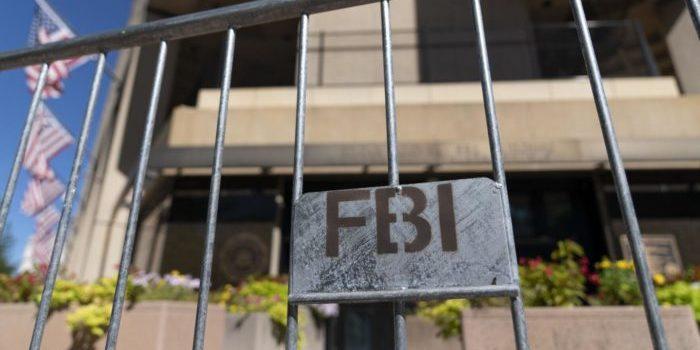(Ken Silva, Headline USA) The FBI, DHS and other U.S. agencies are funding shadow police units in other countries, according to the Wall Street Journal.
WSJ published a story Tuesday that detailed a sprawling U.S.-funded international policing operation that includes more than 105 secret units in an untold number of countries.
“The U.S. State Department’s Bureau of International Narcotics and Law Enforcement Affairs says it has vetted members of 105 police units worldwide for agencies including the Bureau of Diplomatic Security, the Federal Bureau of Investigation and the Department of Homeland Security,” WSJ reported.
“Because some agencies do their own vetting, the State Department said it was unable to provide a global count of U.S.-aligned units or the officers they employ. It said there was no central office tracking all of the units’ activities or the total government spending that goes into them.”
WSJ painted the U.S. global police network as a mechanism to enforce laws in countries where the local police are so corrupt that they can’t be trusted.
The story focused on a secret unit in Kenya that helped arrest traffickers of pangolins— the endangered, armadillo-like animal sold in parts of Asia. The report also briefly described a unit in Colombia that helped dismantle a seven-city human-smuggling operation.
But WSJ also noted that U.S.-funded police units encroach on other countries’ sovereignty.
“They don’t have autonomy,” Murigi Kamande, lawyer for the alleged pangolin traffickers, reportedly said. “They basically work at the behest of a foreign nation. It’s not right.”
The use of such tactics has yielded disastrous results in the past.
As the WSJ noted, the Drug Enforcement Agency pioneered the strategy during the cocaine wars in Colombia, Bolivia and Peru in the 1980s.
“Resident American narcotics agents, frustrated by the drug cartels’ influence over local police, took it upon themselves to identify officers they felt they could trust,” the publication said. “At the time, the DEA’s ability to keep vetted units clean and effective depended on extensive diplomatic pressure from the U.S. government.”
But according to DEA whistleblower Michael Levine, the DEA often turned a blind eye to certain cartels that were supported by the CIA.
In his book, Big White Lie: The Deep Cover Operation That Exposed the CIA Sabotage of the Drug War, Levine describes, among other things, what happened when an agent documented how the CIA-supported Contras in Nicuragua smuggled more than 50 tons of cocaine into the U.S. in a 15-month period.
“The DEA suits promptly transferred that agent out of Honduras and closed the office,” he said.
Ken Silva is a staff writer at Headline USA. Follow him at twitter.com/jd_cashless.

